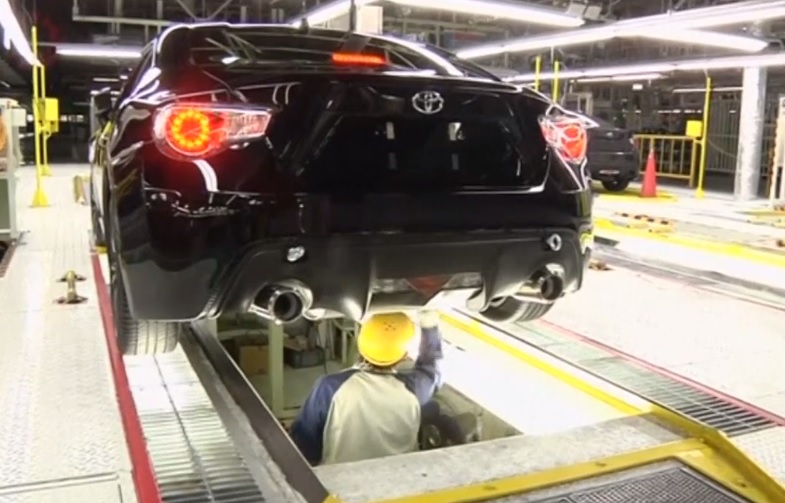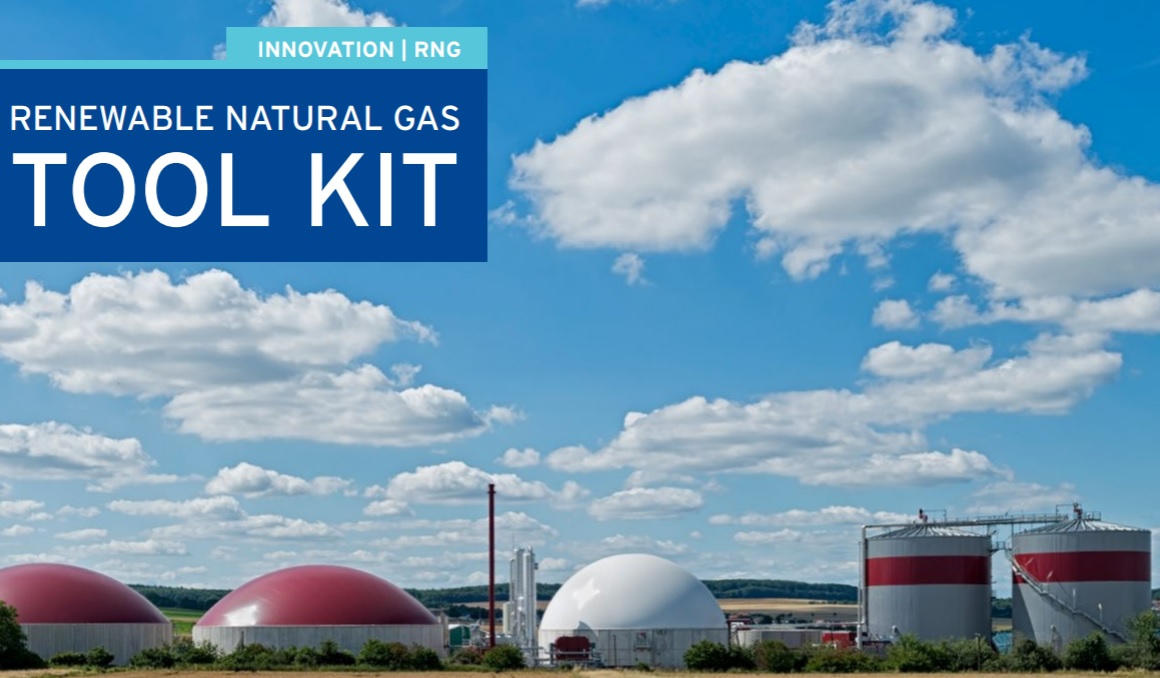Toyota going with solid-state batteries: Toyota will be going with solid-state batteries to speed up charging and lengthening trips, according to a report published Tuesday in the Chunichi Shimbun daily. Recharging will happen in just a few minutes, versus competitor’ EVs taking at least 20- to-30 minutes using fast chargers for a range of just 185 to 250 miles. The first Toyota electric vehicle built on the new platform will come as early as 2022. Toyota is ready to compete with market leaders including Nissan and Tesla as EVs become more widely adopted in the next few years. An in-house unit led by President Akio Toyoda is working on developing and marketing a new lineup of EVs, as the company changes course from its previous path focusing only on hybrids and hydrogen fuel cell vehicles as alternative powertrains. The automaker has also been reported to plan entry into mass production of EVs in China as early as 2019.
to-30 minutes using fast chargers for a range of just 185 to 250 miles. The first Toyota electric vehicle built on the new platform will come as early as 2022. Toyota is ready to compete with market leaders including Nissan and Tesla as EVs become more widely adopted in the next few years. An in-house unit led by President Akio Toyoda is working on developing and marketing a new lineup of EVs, as the company changes course from its previous path focusing only on hybrids and hydrogen fuel cell vehicles as alternative powertrains. The automaker has also been reported to plan entry into mass production of EVs in China as early as 2019.
Tesla-competitive batteries: Tesla is seeing new competitors enter the electric vehicle battery space, and they happen to be ex-employees. Romeo Power, a small startup company in Los Angeles staffed by former Tesla and SpaceX engineers, has begun making battery packs they say is lighter, more energy dense, and longer lasting than what’s being placed in Tesla’s EVs. The first units have gone to energy storage, but after a $35 million round of raising seed money, the company is adding other projects including electric cars, forklifts, golf cars, and robots. That came from $65 million worth of placed orders that will be delivered in 2018. Potential customers include U.S. and European automakers, according to founder Michael Patterson.
SoCalGas tools for RNG: Southern California Gas Co. has just released tools for renewable natural gas production facilities to connect with SoCalGas’ natural gas pipeline system in the region. A  downloadable toolkit has been set up to renewable natural gas (RNG) producers and developers interested in joining up their projects with the SoCalGas pipeline network. In addition, changes have been adopted that will accelerate the interconnection process. SoCalGas reports that about 80% of all methane emissions in California come from the state’s dairy and farm operations, landfills, and wastewater treatment plants. That methane can be harnessed and cleaned to produce RNG for use in transportation as well as in homes and businesses.
downloadable toolkit has been set up to renewable natural gas (RNG) producers and developers interested in joining up their projects with the SoCalGas pipeline network. In addition, changes have been adopted that will accelerate the interconnection process. SoCalGas reports that about 80% of all methane emissions in California come from the state’s dairy and farm operations, landfills, and wastewater treatment plants. That methane can be harnessed and cleaned to produce RNG for use in transportation as well as in homes and businesses.
